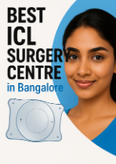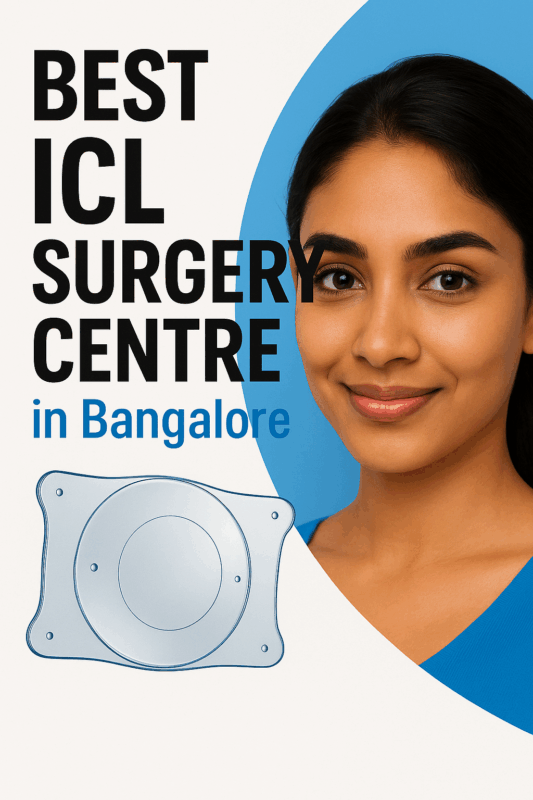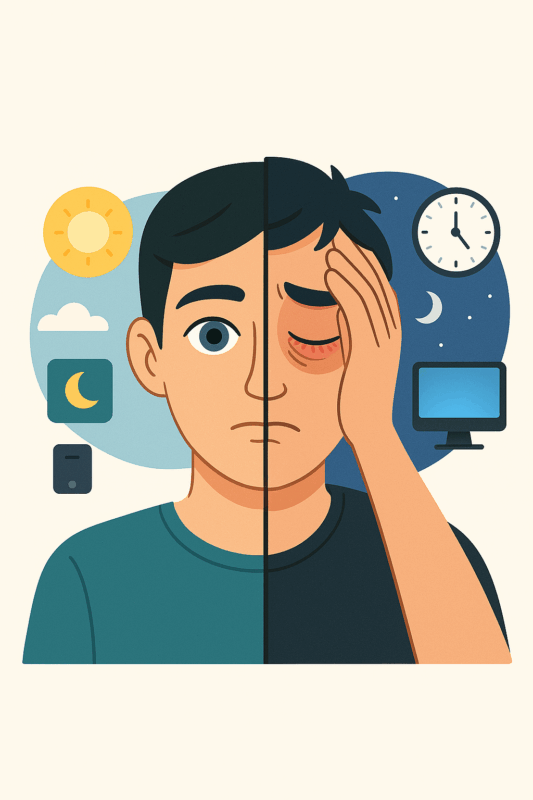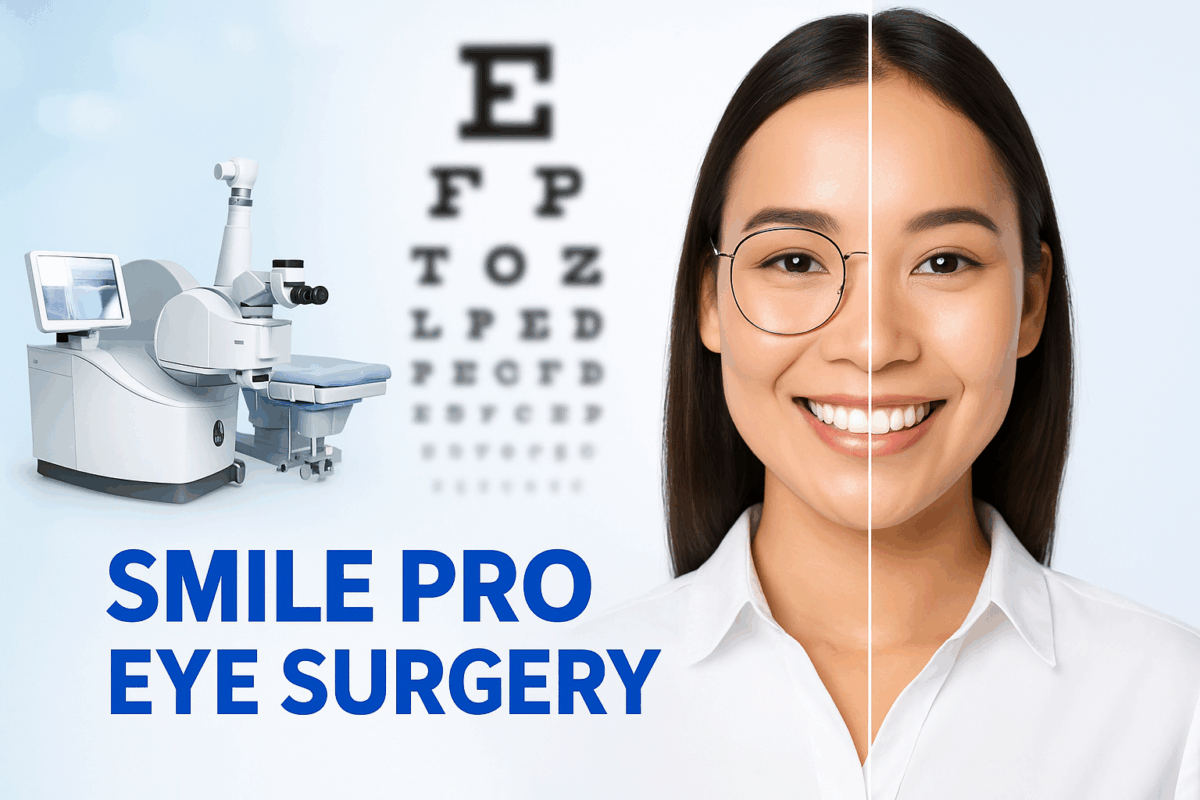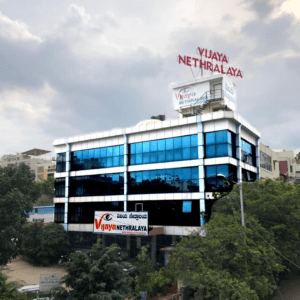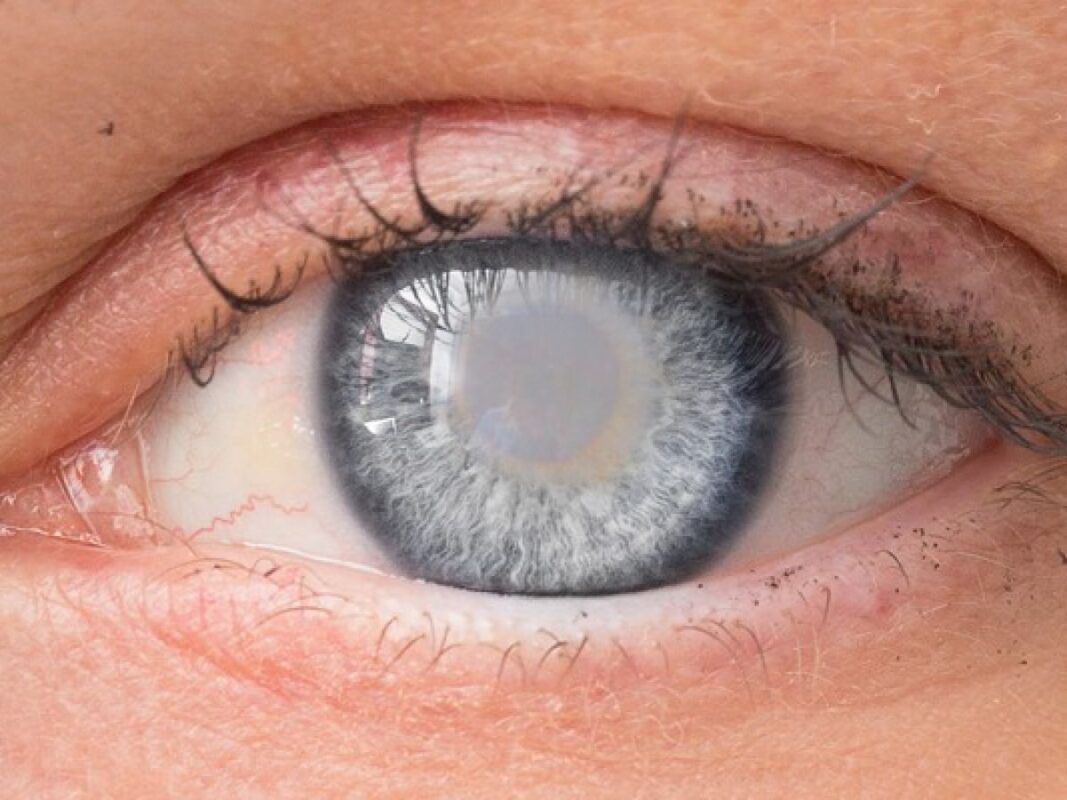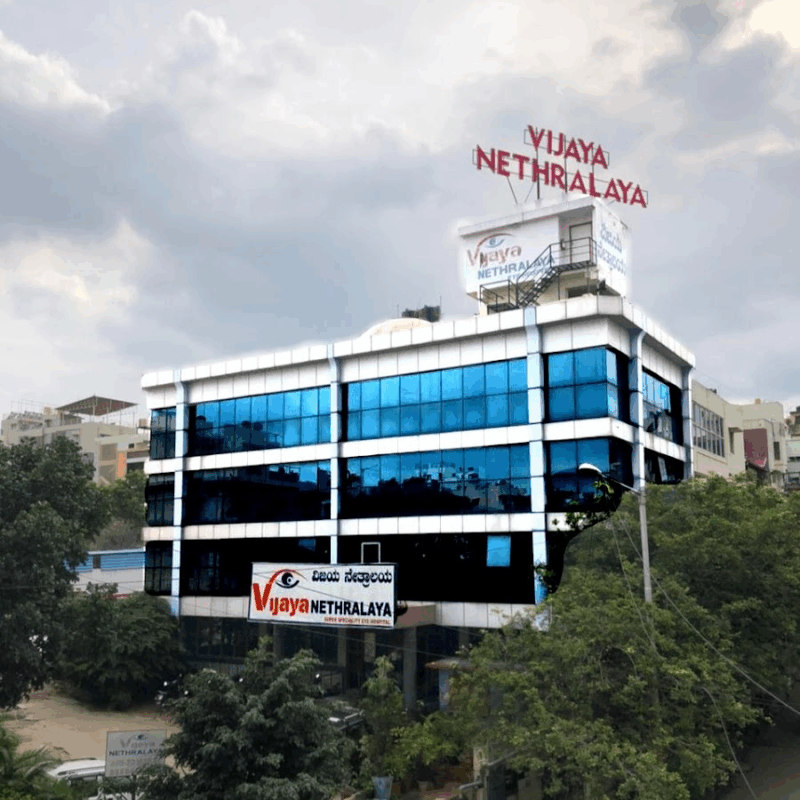Retinal degeneration refers to the progressive deterioration of the retina, the light-sensitive tissue lining the back of the eye. This degenerative process can lead to severe vision impairment and even blindness over time.
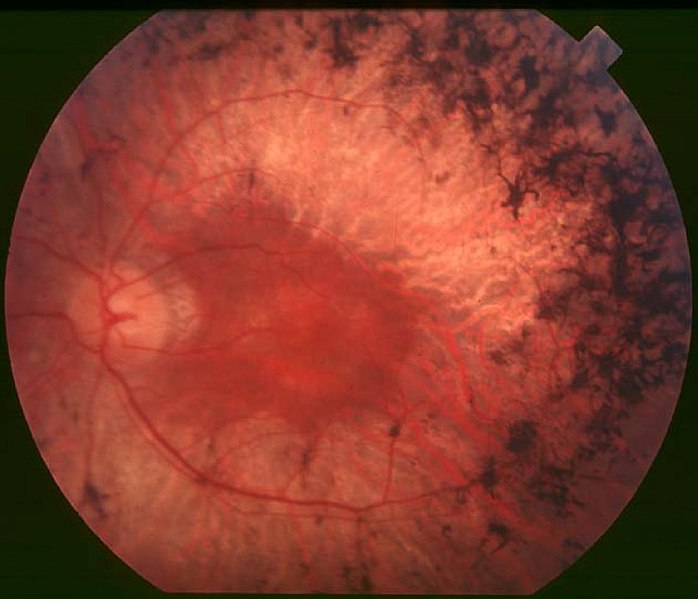
Causes of Retinal Degeneration:
- Moreover, these inherited genetic mutations play a significant role in the development of retinal degeneration, including conditions like retinitis pigmentosa (RP) and Leber congenital amaurosis (LCA).
- Age-Related Factors: Age-related macular degeneration (AMD) is the leading cause of vision loss in older adults, affecting the central part of the retina (macula).
- Moreover, prolonged exposure to ultraviolet (UV) light, smoking, and certain medications may contribute to retinal degeneration.
- Diseases and Conditions: Conditions like diabetes and hypertension can damage the blood vessels supplying the retina, leading to degenerative changes.
- Trauma: Physical trauma to the eye can cause immediate damage to the retina or trigger degenerative processes over time.
Symptoms of Retinal Degeneration:
- Gradual loss of peripheral or central vision
- Difficulty seeing in low light conditions (night blindness)
- Impaired color perception
- Sensitivity to light (photophobia)
- Distorted or wavy vision
- Blind spots in the visual field
Treatment:
- Furthermore, anti-VEGF medications can help slow the progression of abnormal blood vessel growth and leakage in the retina in cases of AMD.
- Gene Therapy: For certain genetic forms of retinal degeneration, gene therapy endeavors to rectify defective genes or introduce functional ones to decelerate or arrest vision loss.
- Moreover, retinal implants or bionic eyes offer a promising solution by bypassing damaged retinal cells and directly stimulating the remaining healthy cells to restore vision.
- Moreover, visual aids such as magnifiers, telescopic lenses, and computer-assisted devices can help individuals with retinal degeneration make the most of their remaining vision.
Author Details:
Dr. Sushruth Appajigowda holds a prominent position as a cornea, cataract, glaucoma, and LASIK surgeon in Bangalore. He serves as the chief cataract and refractive surgeon at Vijaya Nethralaya Eye Hospital, Nagarbhavi, Bangalore. Renowned as one of the finest LASIK surgeons nationwide, he brings with him over 12 years of experience across multiple LASIK platforms, including ZEISS, ALCON, SCHWIND, AMO, and Bausch and Lomb. Having successfully conducted over 5000 LASIK procedures, Dr. Sushruth holds the title of a Certified Refractive Surgeon and a Fellow of the All India Collegium of Ophthalmology. Furthermore, he stands as a distinguished speaker at various national and international forums, using his expertise to guide you in selecting the most suitable procedure based on your health requirements.

http://vijayanethralaya.com/link-in-bio/
Conclusion:
It poses significant challenges to affected individuals, impacting their independence and quality of life. Understanding the causes, recognizing early symptoms, and exploring available treatment options are crucial steps in managing this condition effectively.

